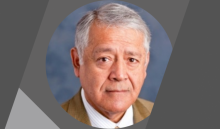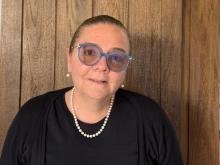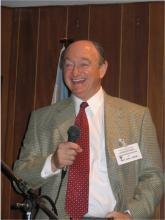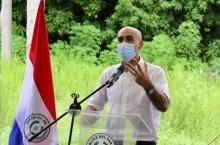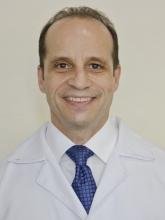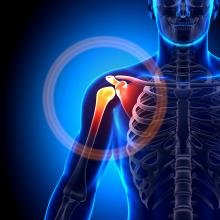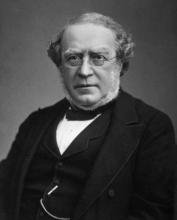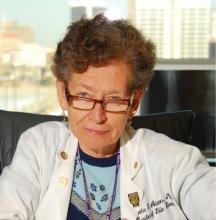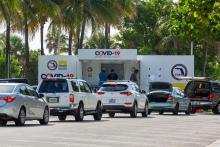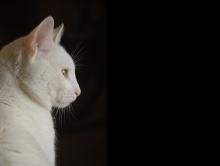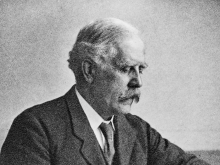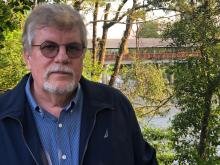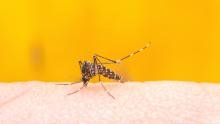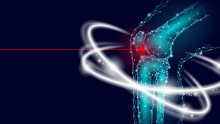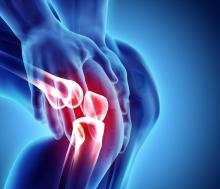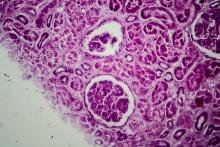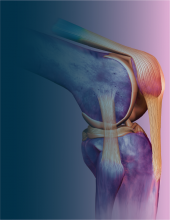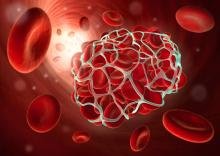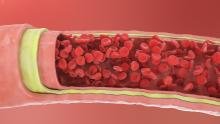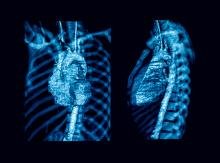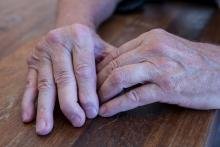Mario Cardiel is an Internist and Rheumatologist, master’s in science. He is also a full member of the National Academy of Medicine and Main Researcher of the Clinical Research Center of Morelia, and a Mexican Rheumatology Professor.
To date he has one hundred and sixty-two publications in indexed journals and 18578 citations, he is the coordinator of the therapeutic guidelines of Rheumatoid Arthritis of Mexico and PANLAR and an active participation in the EULAR RA guidelines, and member of the coordinating group of the Latin American Lupus Guidelines of GLADEL and PANLAR.
This year he will be at the PANLAR 2021 Congress and there will be five participations. "Two talks are closely related to each other, I will be at the PANLAR Youth Symposium, called 'From article reception to publication' so in that talk I take young rheumatologists by the hand through this process of peer review of scientific journals, the great responsibility that this entails, but also a tremendous opportunity to learn in the process," he says.
"I let them know the important points to evaluate and how this activity can become very enriching. So, it's a practical talk and highly recommended for the audience that will surely start receiving invitations to review articles, so I give them some useful guidance on how to do it in the best way," he adds.
The other talk he has is on 'Scientific publications: making scientific research visible. Traditional metrics versus alternatives: enemies or complements?', with Dr. Carlo Vinicio Caballero.
"Dr. Caballero will talk about the metrics of scientific dissemination through internet social networks of different electronic platforms and Dr. Loreto Carmona, from Spain, will talk about traditional metrics. I will talk about where to publish my scientific work. So, again, it is to transmit a series of tips that will be useful for young people to select very carefully the scientific journal where they will send their work and what this arduous path entails, the difficulties they will encounter, but also the rewards at the end of achieving the publication of their work".
He will also be the coordinator of the spondyloarthropathies working group where the ESPALDA project and some advances of the spondyloarthropathies study group in PANLAR will be addressed. "I will be moderating this table, trying to keep them on time and the elaboration or broadcasting of questions."
Another of his participations is with Lupus. “There will be three very valuable participants from our time, Starla Hairston, from our area, she is a formal educator of the American College of Rheumatology, and she is going to give us the experience of what they are doing to reach first contact physicians. Dr. Cristina Drenkard, from Atlanta, who is the founder of the Let's Talk About Lupus page, and Dr. Guillermo Pons-Estel, from Argentina, who is going to mention the approach that is planned to reach many first contact physicians with useful and practical information so that the referral to the rheumatologist is not as late as it currently is".
ABOUT HIS EXPERIENCE
"I am a clinical researcher who has a long trajectory in this area and, as a consequence, I have been invited to be a reviewer of scientific studies and I have also been in the past the associate editor for Latin America of the Journal of Clinical Rheumatology", indicates Dr. Cardiel.
On the subject of research, he argues, "it is a factor that in the long run distinguishes between two professional profiles that seem similar, when one reviews the published works one can really be very convinced that the people who are publishing have extensive experience in a certain subject and, among other attributes, that the person is surely persistent".
And, surely, "it is someone who seeks and has a tolerance for failure and seeks to achieve the goal, so it is a distinctive factor that is highly appreciated in academic circles and that unfortunately young doctors learn along the way, because the educational programs in Latin America today do not give this the emphasis it should have".
That's probably where the invitation and the idea of motivating people to publish comes from. "Here it's a bit of a matter of patience and persistence. Scientific journals nowadays receive far more papers than they can publish so it is the editor's job to separate the wheat from the chaff, and very often the first attempts are not accepted."
"I emphasize in some of my talks the importance in the early stages of approaching a mentor who has experience, who can show us the way, and I make it clear that those first works are the most difficult to publish, but the following ones are easier, so it is very likely that we will get a rejection in the first attempts".
They are also given alternatives of what to do if they are rejected in that first magazine, "I teach them a path to follow and also the courage to say at some point "no, I think I'm going to keep their work, this one has flaws that cannot be corrected and the next one I'll do better", I also comment on that".
For a young doctor who brings a paper or an oral presentation to a Congress, it could be the way to turn that into a scientific publication or, the other way to get closer to that first publication, is to turn in his graduate thesis. Reduce it, follow the guidelines of a journal and be able to publish it "and who would be our mentor there? The doctor with whom we worked on that thesis, who directed that effort or with whom we worked on that poster or that oral presentation that we took to the Congress. Those people usually have more knowledge and can help us".
"It's a long and difficult training process, and sometimes people find it so difficult that they put it in a drawer, so that's exactly what I don't want people to do, and I try to stimulate them, I prepare them with some recommendations so that they also have a tolerance for frustration," he says.
Finally, he maintains that these invitations generate great satisfaction. "It is a commitment to be in PANLAR, in each of its congresses, I feel it is a way to contribute with my knowledge and experience to the development, and also a way to show our enthusiasm so that PANLAR continues to grow", he points out.






















